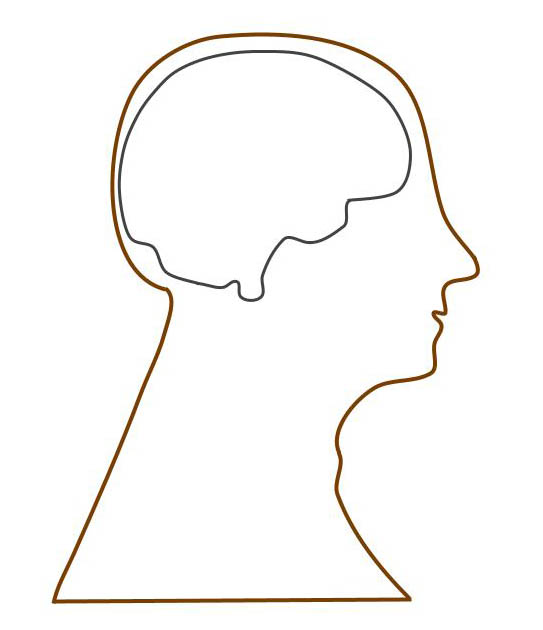Counseling Crisis
Head figure
February 22, 2023
As a high-school student, I have witnessed the effects of the shocking national ratio of one counselor responsible for 408 students. The lack of experienced professionals in the education field who have the ability to provide the necessary resources for dependent students is a problem. School counseling provides fortitude for students’ social/emotional, academic and career skills, and without their specialized guidance, students are left astray to figure out life’s complications on their own. It is a problem that has cost students and faculty members valuable time, stress, and even their lives. Growing the number of school counselors in the United States will take more advocacy for mental health in adolescents, the creation of incentives for more Americans to pursue a counseling career, and better funding to support the profession.
Creating an emotionally safe learning environment for America’s students who are also the future of our country should be the number one priority. The National Center on Safe Supportive Learning Environments explains, “Students should feel secure and confident as they express themselves and take on challenges that encourage them to try something new.” Without the safety of expression, students lose the opportunity to dive deeper into finding where they belong and where they fit into. The advocacy for mental health and emotional safety is crucial to giving students the opportunity to discover themselves in a healthy manner. If students aren’t supplied with the tools counselors provide them to adequately understand and process their emotions, it could be detrimental to their future. It could possibly even go as far as harming their lives. It is not a secret that mental issues have taken a toll on schools in America. Mass shootings that target schools have taken countless lives of young students; the number of suicides is another problem. These tragic deaths can be prevented if mental health support for adolescents in schools becomes a highlighted need across the nation.
This is not the only thing needed to prevent casualties. America needs more professionals to step up and fill the absence of counselors in schools. The American Schools Counselor Association heavily suggests that there be an average ratio of 250 school counselors to one student in secondary education institutions. Although this is not a rule that high schools are held to. On the occasion that schools would be made to provide students with more than one or two counselors, there would be drastic benefits to education in many ways. It would improve students’ attendance, test scores, GPA, and graduation rate while also decreasing disciplinary infractions. Creating this type of catalyst for administrators to hire more counselors will hopefully create an incentive for others to help satisfy the void of mental health resources in schools. The ultimate goal is to push others to pursue the counseling profession. The job of school counseling is not glamorous, but creating ways to make school counseling easier will hopefully make the job more appealing.
Along with pushing for better government funding for schools to hire more experienced counselors, districts should give the counselors that they already employ appropriate compensation that accurately reflects their hard work. This could be the best solution to fix the shortage. It will directly solve the crisis the American education system is facing and expand the connections counselors will make with students. Mental health problems could be addressed while simultaneously focusing on giving the students the best tools to have a successful educational experience. With the lack of funds for schools, counselors do not get the luxury to give their full attention to either emotional or educational skills. Dividing the difficult jobs counselors have among other professionals who have mental health expertise will result in less stress and greater opportunities.
All problems have solutions, and by learning more about the crisis, creating incentives to take action, and building financial support to address it, America’s school counseling shortage should be fixed. High schoolers are at the most impressionable time of their lives, and they are in need of support to tackle the complexity society throws at them.

